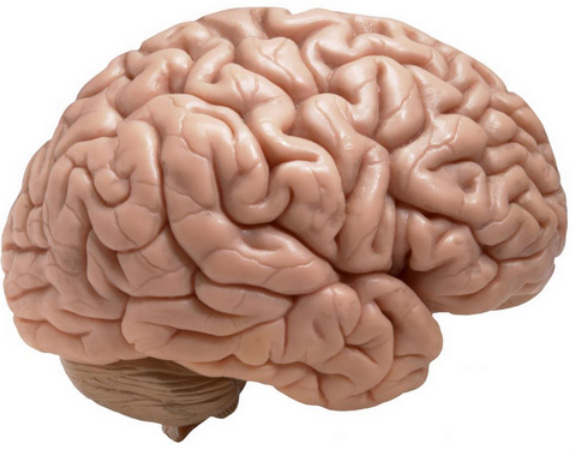But for the patients who are refractory to medications and not a candidate for surgery, what treatment options are available?
The answer to this question first emerged circa 400 BC. Hippocrates detailed a case in which the treatment of an epileptic patient entailed a regimen of complete fasting. He wrote in the ‘‘Sacred Disease’’ chapter of his works that each epileptic patient needs an individually adjusted treatment, and this treatment entails modification of the patient’s dietary regimen as determined by the physician [1].
This profound suggestion has remained the non-pharmacologic treatment ever since. Inducing ketosis, either by fasting or eating a high fat, low carbohydrate diet, has been supported by anecdotal case studies and clinical trials as highly effective seizure therapy.
Fast forward to the 1920s when the first ketogenic diets started being used in mainstream medicine. In 1925, Dr. Peterman from the Mayo Clinic published the results of the use of this diet in the treatment of 37 patients with idiopathic epilepsy [2]. 19 kids became seizure free, and 13 had a large reduction in seizure frequency. Some of the subjects were especially sensitive to carbohydrate intake. As Dr. Peterman described it in one patient:
“for six days after the adoption of this diet there were no attacks. On the seventh day, after eating a candy bar, the child had nine attacks, and seven the following day.”
These attacks correlated with a lack of ketones in the urine, suggesting that the ketosis has an antiepileptic effect.
Despite the ketogenic diet falling out of favor with the advent of many new drugs, multiple recent reviews and clinical trials continue to support its efficacy. A systematic review published in 2000 concluded that “the ketogenic diet seems to be efficacious in reducing the frequency of seizures in children with refractory epilepsy…Compared with alternatives, this improvement is in the range or greater than that reported with the addition of newer AEDs [Anti epileptic drugs] [3].
Despite this success, it is difficult for many patients to sustain, due to the high ratio of fat to carbohydrate. The 1925 article suggested a 4:1 ratio, which hasn’t changed much since. However, recently researchers attempted using a higher carbohydrate, modified Atkins diet that produced very similar results.
Twenty children aged 3–18 years, with at least three seizures per week, which had been treated with at least two anticonvulsants, were enrolled and received the diet over a 6-month period. In all children, at least moderate urinary ketosis developed. At 6 months, 13 (65%) had >50% improvement in seizure frequency, and seven (35%) had >90% improvement – including four that were seizure free.
These dramatic outcomes are striking, yet many physicians are not comfortable prescribing these diets due to the need for significant patient education, dietitian follow up, and the potential increased risk of kidney stones.
This is unfortunate because for some kids, the ketogenic diet has been a true miracle.
Charlie Abrahams was one such kid who had such remarkable success that his family started The Charlie Foundation to raise raise awareness for this treatment, and got Meryl Streep to be their spokeswoman.
As Mrs. Streep describes Charlie's case in the video above, "after literally thousands of a variety of epileptic seizures and an incredible array of drugs dozens of blood draws eight hospitalizations and mountains of EEGs, MRIs, CAT scans and PET scans, one fruitless brain surgery, five pediatric neurologists in three cities, two homeopathists, one faith healer and countless prayers, charlie seizures were unchecked. His development delayed and he had a prognosis of continued seizures and progressive retardation.
Then last december we learned about an obscure diet consisting mainly of fats that benefited some kids with difficult to control seizures. The only institution that champions this diet is Johns Hopkins hospital... We took Charlie there. He started the diet and since christmas 1993 he's been seizure and drug free"
You can read many more amazing stories here.
Sources:
1. Bailey et al. The use of diet in the treatment of epilepsy: Historical Review. Epilepsy and behavior, 2004.
2. Peterman MG. The ketogenic diet in the treatment of epilepsy: a preliminary report. Am J Dis Child.1924;28 :28– 33
3. Frank Lefevre and Naomi Aronson. Ketogenic Diet for the Treatment of Refractory Epilepsy in Children: A Systematic Review of Efficacy. Pediatrics 2000; 105:4 e46
Tried a paleo or low carb diet? Join Today and contribute to a better understanding of this way of eating!
View our Marketplace of paleo and low carb experts that compete against eachother to help you lose weight and get healthy!

 RSS Feed
RSS Feed
